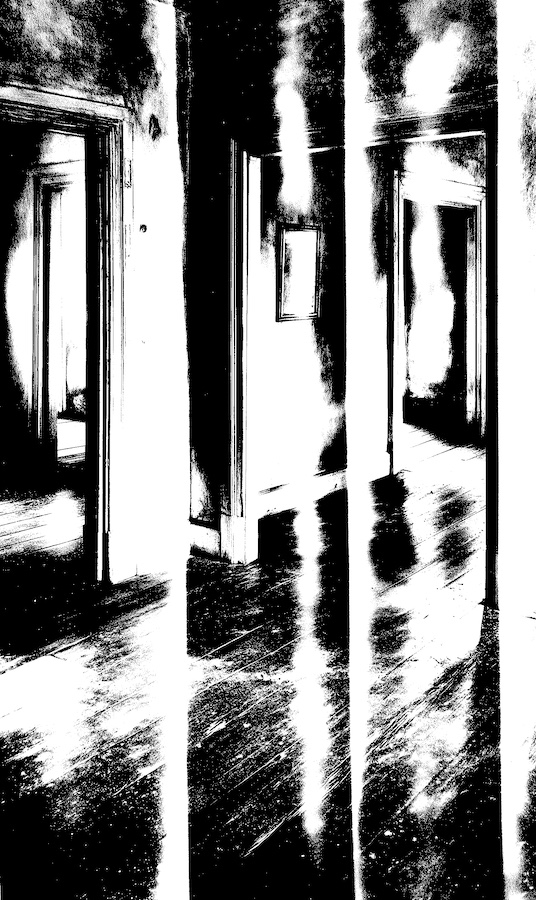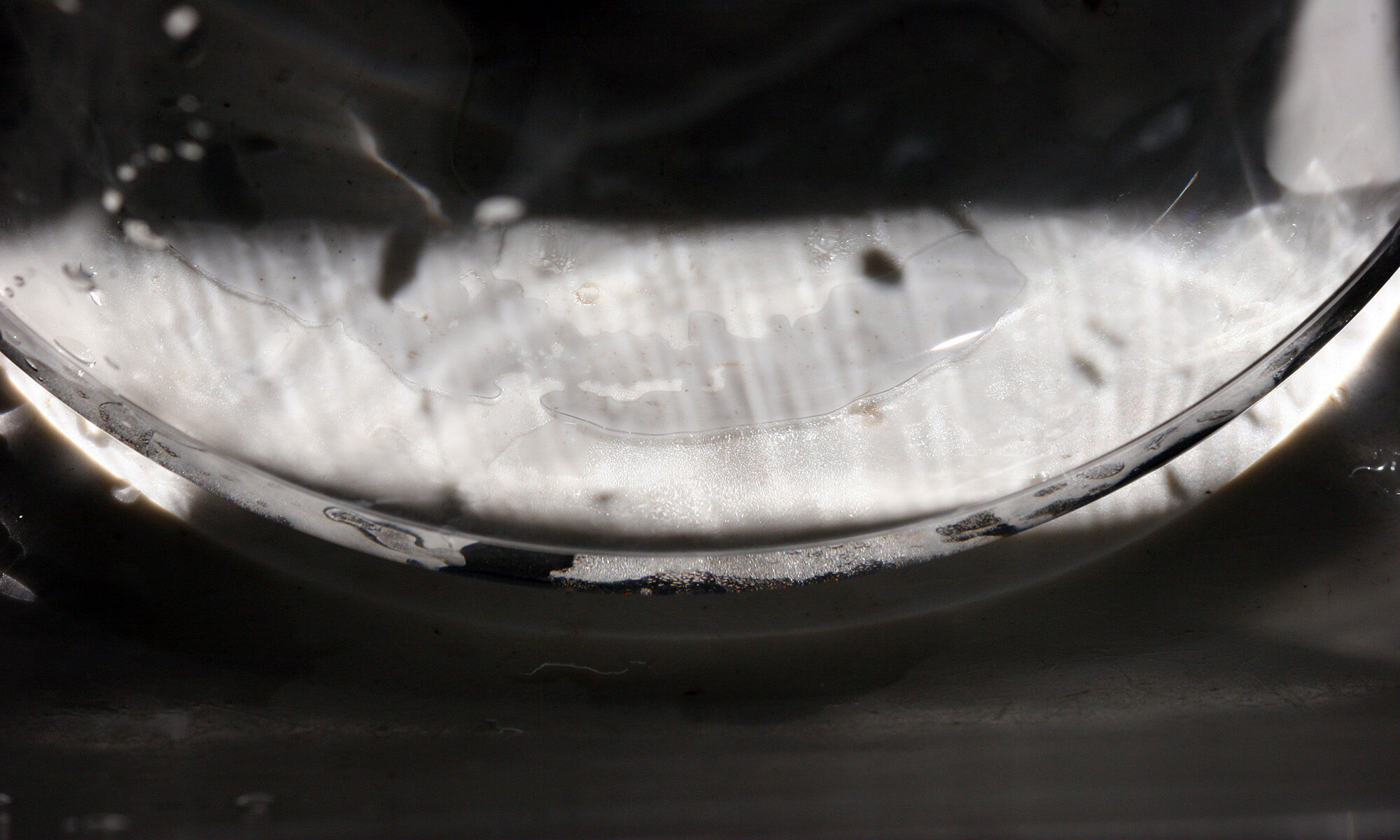A form of doctrine, theory, or practice having, or claiming to have, a distinctive character or relation: chiefly used disparagingly, and sometimes with implied reference to schism.

Etymology: Representing French -isme, Latin -ismus, < Greek -ισμός, forming nouns of action from verbs in -ίζειν, e.g. βαπτίζειν to dip, baptize, βαπτισμός the action of dipping, baptism. An allied suffix was -ισμα(τ-), which more strictly expressed the finished act or thing done, and which in some cases is the source of modern -ism. Besides its free use as a suffix forming verbs on ordinary nouns and adjectives, -ίζειν was (as mentioned under -ize suffix) affixed to national names, with the sense to act or ‘play’ the people in question, and hence to act like, do after the manner of, practise the habits, customs, or language of, side with or adhere to the party of, those people. Hence the noun in -ισμός had the sense of acting or doing like, siding with, adhesion to, or speaking like the people in question; e.g. Ἀττικίζειν to Atticize, to side with the Athenians, to use the Attic dialect; hence Ἀττικισμός, Atticism, a siding with Athens, Attic style of language, etc. The Septuagint (Esther viii. 17) and New Testament have Ἰουδαίζειν to Judaize, to live like the Jews. The derivative Ἰουδαισμός Judaism, the manner of the Jews, occurs in the Septuagint (2 Macc. ii. 21). The Latin Jūdaismus occurs in Tertullian (c200); Jūdaizāre in the Vulgate. Origen (a250) has Χριστιανίζειν to play the Christian, act the part of a Christian, practise Christian principles, and Justin Martyr (a150) has Χριστιανισμός the practice of Christians, Christianity. Hence late Latin chrīstiānizāre in Tertullian, chrīstiānismus in Tertullian, Augustine and Jerome. On the type of these, -ισμός, -ismus, became the ordinary ending to form names of religious, ecclesiastical, or philosophical systems; thus pāgānismus is cited by Du Cange from a council of 744. The Old French representation of this, paienisme, paienime, painime (12th cent.) is probably the earliest French example, and appears in English as painime, painim in the 13th cent. But, in the modern form and sense, Judaisme is found a1500, and christianisme (a1500 in French) c1525 in English. From the 16th cent. such formations are numerous.
1680 E. Pettit Vision of Purgatory 46 He was the great Hieroglyphick of Jesuitism, Puritanism, Quaquerism, and of all Isms from Schism. 1756 Monthly Rev. 14 359 Arianism, Socinianism, Arminianism, or any other ism. 1789 H. Walpole Lett. 4 Nov. Alas! you would soon squabble about Socianism, or some of those isms. 1808 R. Southey Select. from Lett. (1856) II. 182 It has nothing to do with Calvinism nor Arminianism, nor any of the other isms. 1811 T. J. Hogg Life Shelley (1858) I. 373 He is nothing,—no ‘ist’, professes no ‘-ism’ but superbism and irrationalism. 1820 R. Polwhele Introd. Lavington’s Enthus. Method. & Papists 118 It has no connection with Methodism, or Puritanism, or any ism or schism. 1820 T. Carlyle Let. to M. Allen Oct. I expect much pleasure from talking over old bygone things, from discussing Spürzheimism, Whiggism, Church of Englandism, and all other imaginable ‘isms’. 1840 Fraser’s Mag. 21 702 All the untidy isms of the day shall be dissipated. 1843 T. Carlyle Past & Present ii. xv. 158 This is Abbot Samson’s Catholicism of the Twelfth Century;—something like the Ism of all true men in all true centuries, I fancy. 1864 J. R. Lowell Rebellion in Prose Wks. (1890) V. 138 That class of untried social theories which are known by the name of isms. 1884 Kendal Mercury 3 Oct. 4/7 The principles on which Education Acts are based, irrespective of isms and creeds. 1928 G. B. Shaw Intell. Woman’s Guide Socialism lxxxiii. 447 The proletarian Isms are very much alike. 1968 S. C. Hutchison Hist. Royal Acad. xvii. 183 He saw no place in art for abstractions and ‘isms’ and had a very low opinion of their adherents. 1974 Listener 14 Feb. 220/1 Impressionism became the most successful ‘ism’ in the history of art.
初め無き
終わり亦無き
我は無し
(Beginning is nothing
Ending is also nothingness
I am nothingness.)
Abnormalism, abolitionism, aboriginalism, absenteeism, absolutism, academicalism, academicism, accidentalism, achromatism, acosmism, acrobatism, acotism, actinism, activism, Adamitism, adiaphorism, adoptianism, Adopttionism, adventurism, aeroembolism, aerotropism, aestheticism, Africanism, ageism, agnosticism, agrarianism, Albigensianism, albinism, albinoism, alcoholism, algorism, alienism, allelomorphism, allotropism, alpinism, altruism, amateurism, Americanism, ametabolism, amoralism, amorism, amorphism, anabaptism, anabolism, anachronism, anagrammatism, anarchism, anastigmatism, androdioecism, andromonoecism, aneurism, Anglicanism, anglicism, Anglo-Catholicism, aniconism, animalism, animatism, animism, annihilationism, antagonism, anthropomorphism, anthropomorphitism, anthropopathism, anthropophuism, anthropopsychism, antichristianism, anticivism, anticlericalism, antidisestablishmentarianism, anti-federalism, anti-Gallicanism, anti-Jacobinism, antinomianism, antiochianism, antiquarianism, anti-Semitism, antisepticism, antisocialism, antitheism, antitrinitarianism, antivaccinationism, antivivisectionism, anythingarianism, apheliotropism, aphorism, apism, aplanatism, apochromatism, apogeotropism, apoliticism, Apollinarianism, apostolicism, apriorism, Arabism, Aramaism, Arcadianism, archaicism, archaism, Arianism, aristocratism, Aristotelianism, Aristotelism, Arminianism, asceticism, asepticism, Asiaticism, aspheterism, asteism, asterism, astigmatism, asynchronism, asystolism, atavism, atheism, athleticism, Atlanticism, atomism, atonalism, atropism, Atticism, attorneyism, Augustinianism, Australianism, authorism, authoritarianism, autism, autochthonism, autoeroticism, autoerotism, automatism, automobilism, automorphism, autotheism, avant-gardism, Averrhoism, Averroism,
Continue reading “ism, n.”
